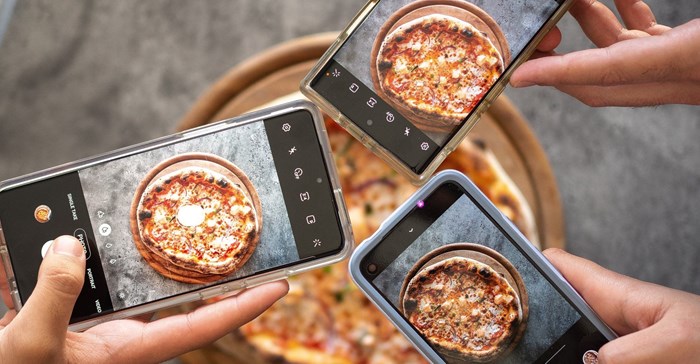Inauthenticity will drive a wedge between brands and the Gen Z population and because of this new generation's growing influence, they can affect other groups opinions as well.
This emerged during Edelman Africa’s Twitter Spaces Trust in Brands event on 9 November, where a panel of influential partners, trust experts, and Gen Z specialists gave their insights on Edelman’s recent global report titled, 2022 Edelman Trust Barometer Special Report: The New Cascade of Influence.
Disruptive change
The report surveyed people from 14 countries across the world, including South Africa – with more than 13,700 adult respondents and 6,700 youth respondents – and has revealed there’s a new core demographic that is driving a disruptive change in the buying power across current and future consumers.
“In the past, we’ve underplayed the power of Gen Z, but our data shows that they’re the ones who are going to unlock societal action and activism at scale – even among older demographics. And in South Africa, they’re going to continue to use social media as a political and social activism tool. Gen Z are powered, not paralysed by fear,” said Sanesh Maharaj, head of brand at Edelman South Africa and moderator for the event.
Panelist Ayandamantombazanekayise Mhlongo, marketing director at Showfar Tech, believes South Africa’s Gen Zs are transforming the landscape of tech, music, and advocacy – and its all due to their online influence.
“We saw the power of Gen Z last year, where in seven days, online activists raised a million rand in one week to help pay for South African student fees (as part of the #R10GoesALongWay campaign),” said Mhlongo.
Spend, engage, affect
She explained that when this generation takes matters into their own hands, they can do transformative work, which is why it’s essential that brands avoid rhetoric – and pursue action. Without authenticity, public opinion can easily be swayed against them.
“You can’t just change your logo for Pride month every year. Companies must spend, engage with, and affect the real world,” she said.
Brands that want to stay relevant must also acknowledge the new habits that Gen Z are imparting on other age groups.
“My own daughter (a Gen Z) is changing the way I think about savings and spending. This is a DIY (do it yourself) generation, and they’re always doing their own research on the best places to buy from, even it means holding off from instant
gratification and I continue learning from her,” Babazile Mbetse, group head of public relations at Liberty told the panel.
The Edelman research showed that Gen Z’s influence extends not only to what people buy, but also how they work, invest, and what causes they support. An average of 60% of South African adults (18 years-old or older) say they are influenced by teens and college-aged people in what they buy, and 49% who say they’re influenced by this cohort in how they actively create change – in other words, the ways in which they commit to social activism.
For Sphelele Mjadu, beauty, wellness, and personal care PR lead at Unilever, it’s vital that organisations invest in purpose-led campaigns, help to solve societal issues and lead conversations on social issues.
Mjadu said this was evidenced by the success of Lux’s Born This Way campaign, where the brand rallied people across the world to support Caster Semenya in her fight to compete internationally as one of the world’s top female athletes.
Edelman DXI (Data & Intelligence) research analyst, Rosie Delk, who worked on The New Cascade of Influence, said that the fiercely loyal Gen Z are more likely to advocate for the brands they trust – and influence others to do so as well. Brands who don’t evolve, she says, will fall behind, and incur huge opportunity costs. Capture the trust of Gen Z and see traction across generations.
Other findings from the report include:
- Seventy-eight percent of South African respondents who regularly post online revealed they post content to help change the world – the highest score of any other market
- Eighty-six percent of adult South Africans surveyed say they are concerned about the country’s future– tied with Mexico and second in concern only to Brazilian respondents at 92%
- Fifty-three percent of adult South Africans say they engage in belief-driven brand choices, though this increases to 66% among Gen Z respondents (aged 14-26)
- Twenty-nine percent of adult South Africans are boycotting brands that still do business in or with Russia in the wake of the Ukraine-Russia conflict
- Sixty-eight percent of adult South Africans say that teenagers and university-aged people (Gen Z) are influencing how they get their news
- On average, 71% of Gen Z respondents (aged 14-26) say they want to work with bra










































